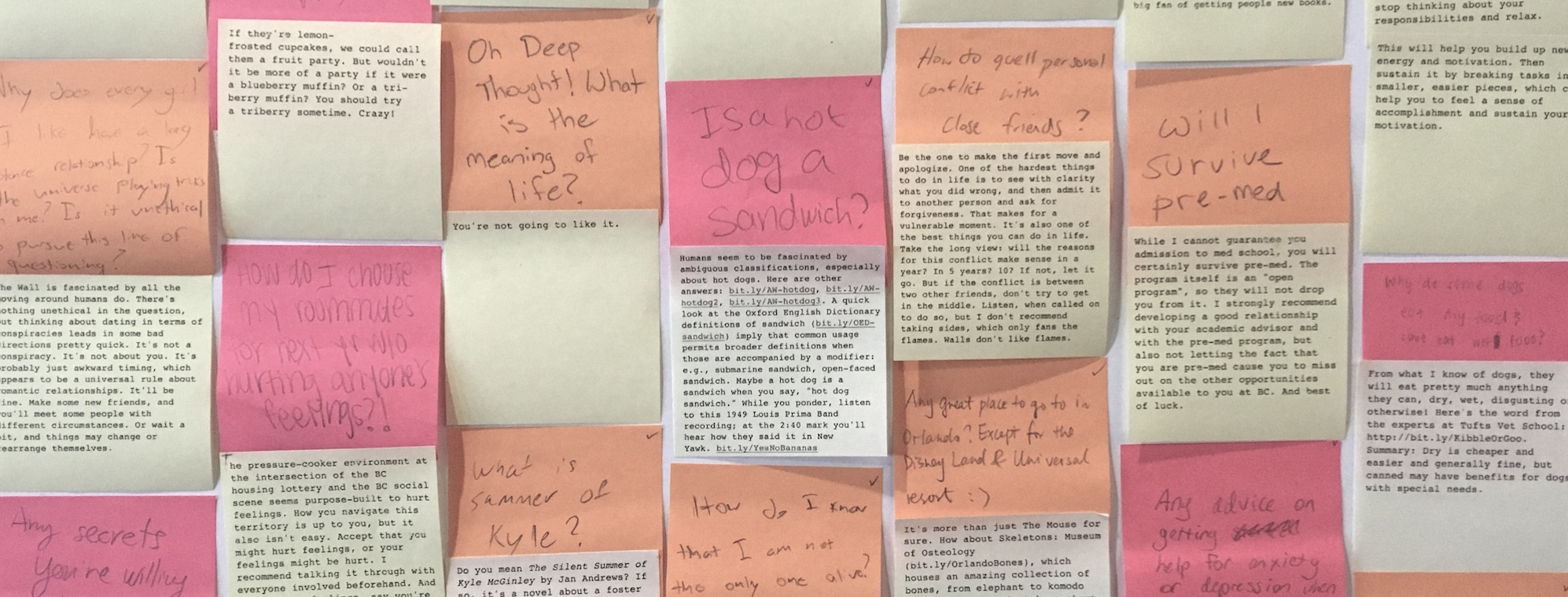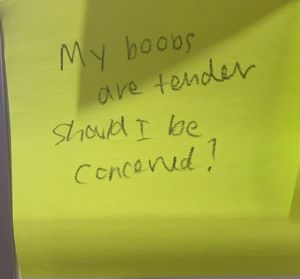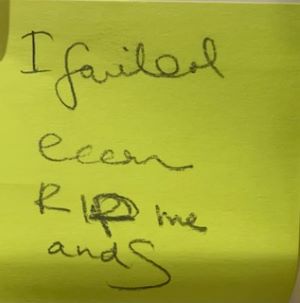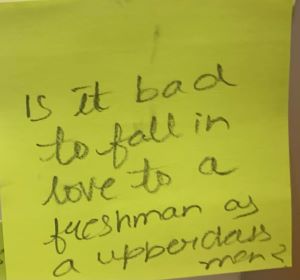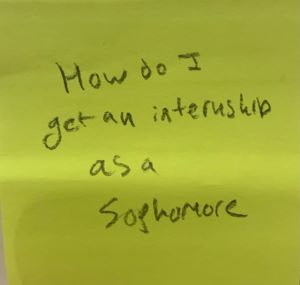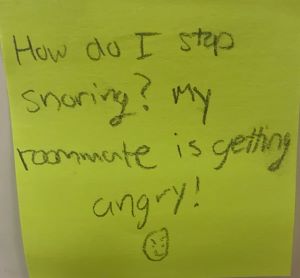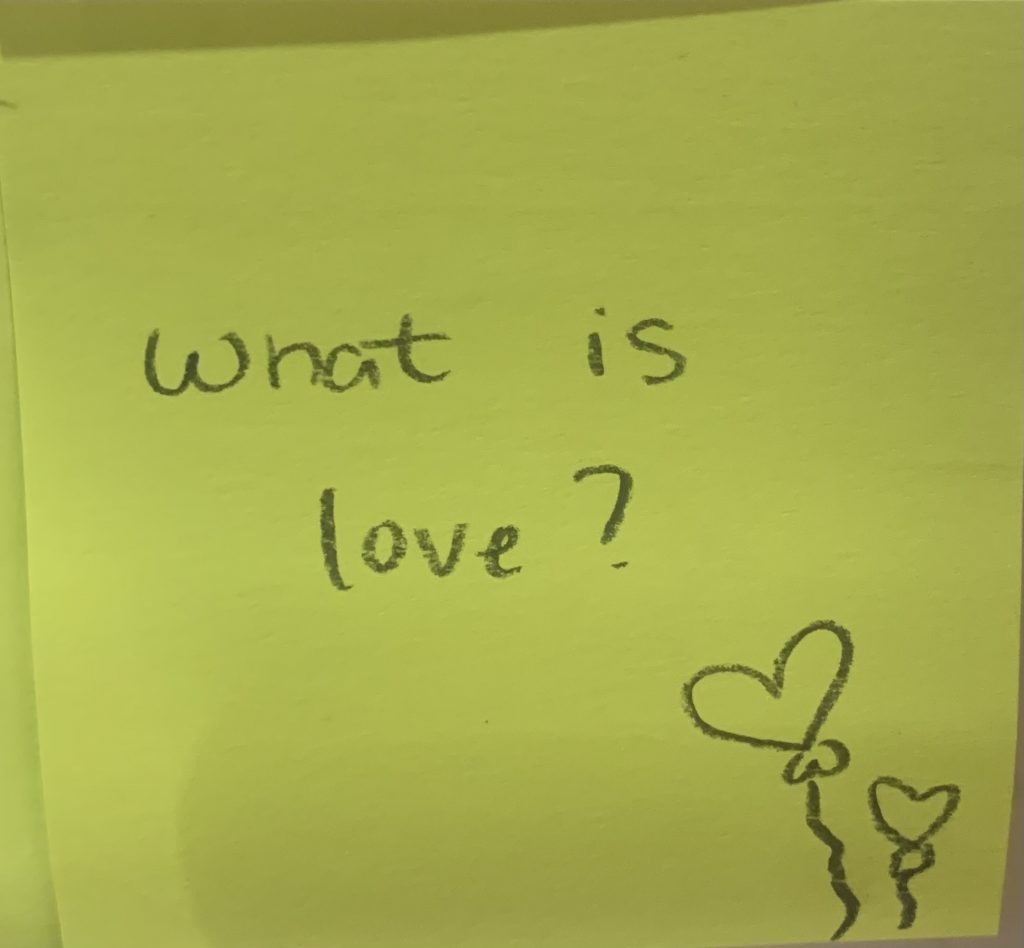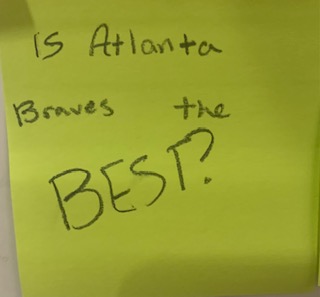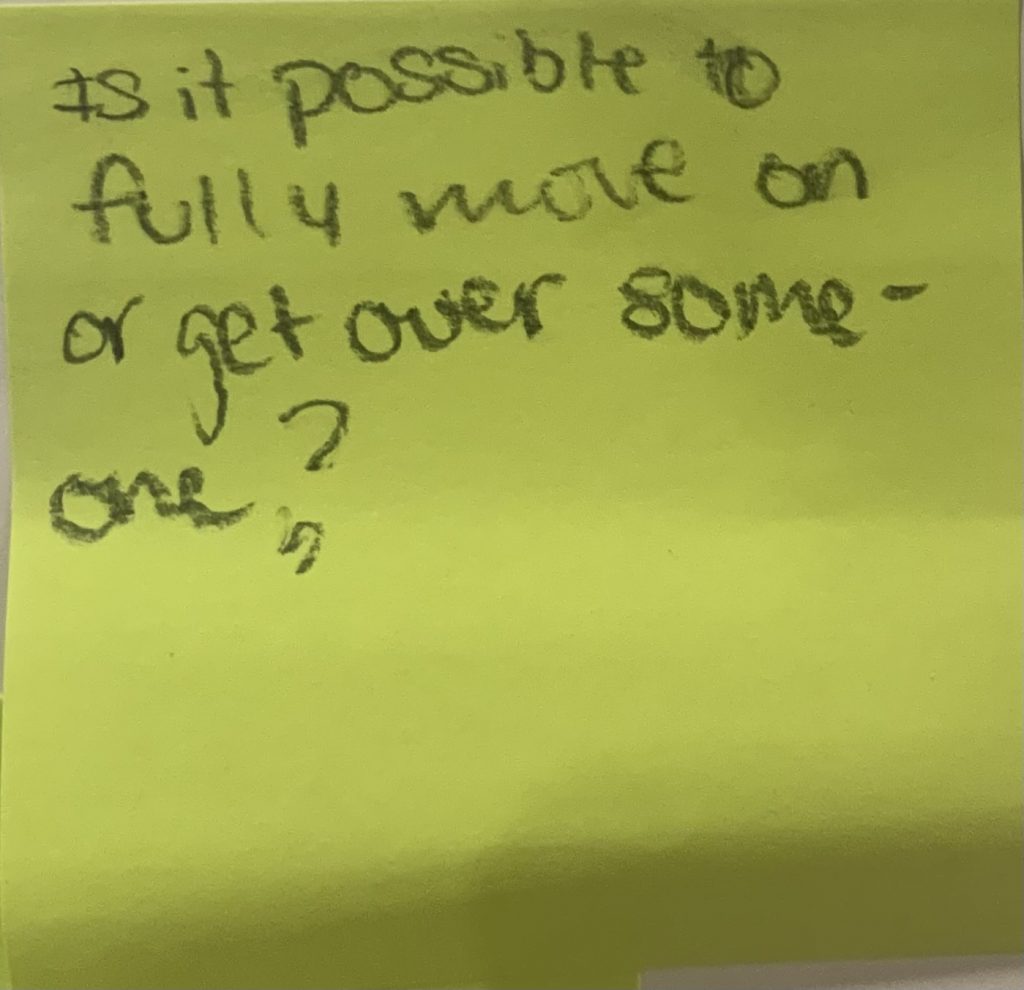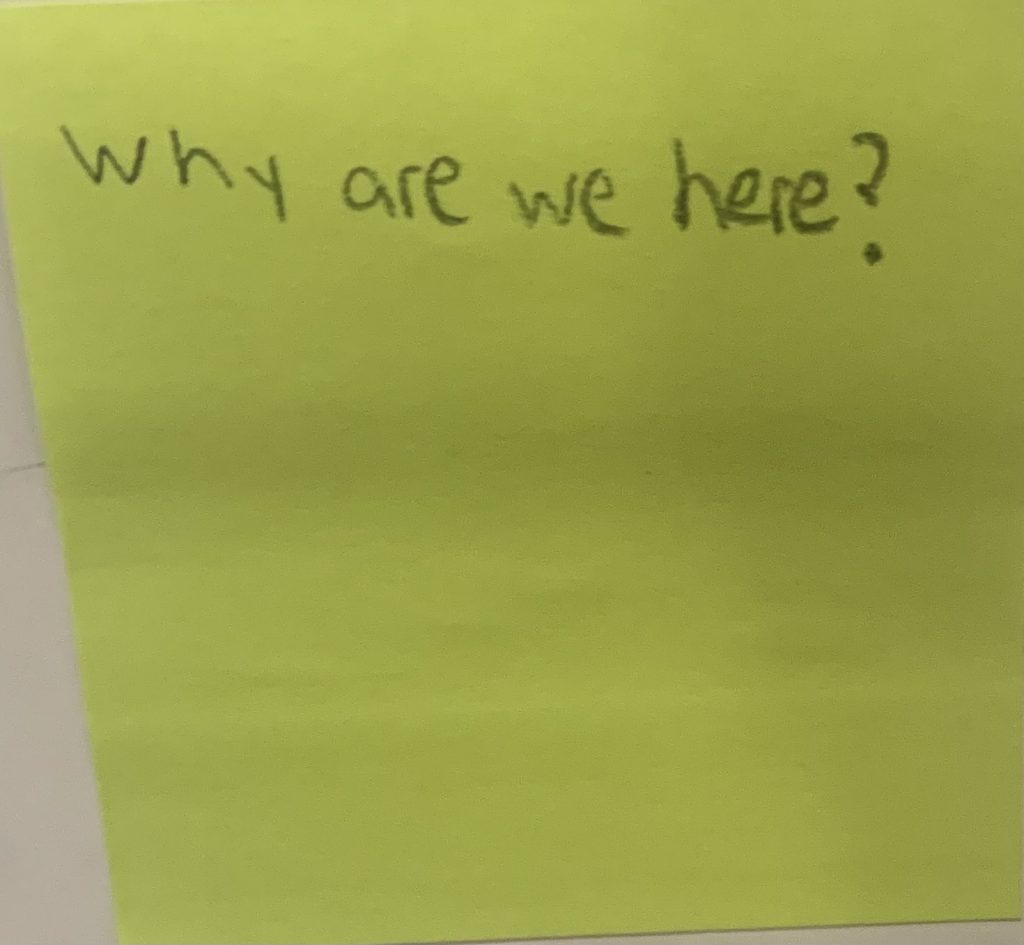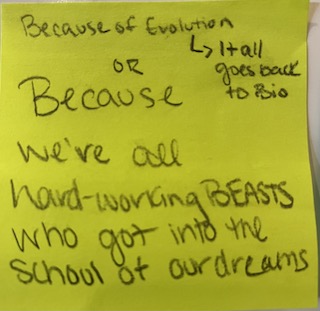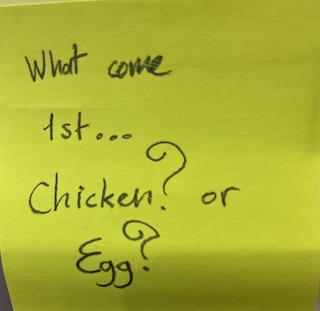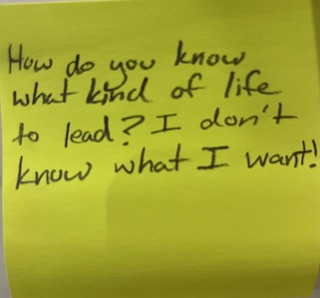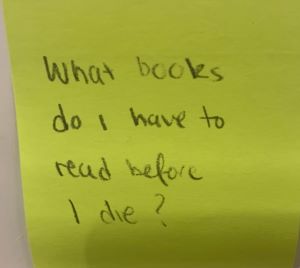
Below are some library staff answers to your question today. For more suggestions, read responses to a similar question in December: https://library.bc.edu/answerwall/2022/12/15/books-i-need-to-read-before-turning-30/
Citizen: An American Lyric, by Claudia Rankine
Half of a Yellow Sun, by Chimamanda Ngozi Adichie
Gödel, Escher, Bach: an Eternal Golden Braid, by Douglas Hofstadter
The Lone Ranger and Tonto Fistfight in Heaven, by Sherman Alexie
The Death of Ivan Ilyich, by Leo Tolstoy
Cavedweller, by Dorothy Allison
Their Eyes Were Watching God, by Zora Neale Hurston
The Miracle of Mindfulness, by Thich Nhat Hanh
Slaughterhouse-Five, by Kurt Vonnegut
The Holy Bible
Democracy in America, by Alexis de Tocqueville
The Odyssey, by Homer
The Name of the Rose, by Umberto Eco
The Protestant Ethic and the Spirit of Capitalism, by Max Weber
The Swerve: Wow the World Became Modern, by Stephen Greenblatt
I Know Why the Caged Bird Sings by Maya Angelou
Brown Girl Dreaming, by Jacqueline Woodson
The Immortal Life of Henrietta Lacks, by Rebecca Skloot
Crying in H Mart, by Michelle Zauner

